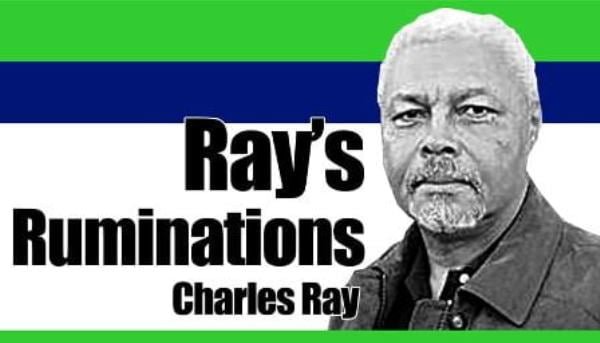
In the workaday world nowadays ethics is a hot topic. In part because of the ethical lapses of some of our recent politicians, business people, and entertainment personalities, and in part because of a realization that ethical behavior is the right way to go.
The problem, though, is that people often have a distorted view of what constitutes ethical behavior, or they focus on the wrong aspects of ethics. The common view is that it’s all a matter of distinguishing between right and wrong, legal and illegal, and stay on the right side of things and you’re good to go.
If only it was that simple. Well, it is actually relatively simple, as long as you understand what’s really important. In business, in government, even in personal relationships, it’s usually easy to tell right from wrong. The real problem is when you have to make a choice and none of the options are wrong or illegal, when you have to choose between two rights. That’s called an ethical dilemma and it is at the root of a lot of unethical conduct and dysfunctional behavior in organizations today.
So, let’s talk about ethical dilemmas and how to deal with them.
Ethical dilemmas do not as a rule involve violations of laws or regulations but are more when conflicts arise between values. This can be a values conflict between individuals such as you and your supervisor, a conflict between your values and the values or expectations of the organization, or even an internal conflict between two of your own values.
The conflict with others often arises when the organization or your boss wants you to do something that doesn’t align with your values. I had a problem like this once when the organization directed me to do something that I agreed with but I disagreed with the way they wanted me to do it. My solution was to find another way to get done what they wanted me to do. Some in the organization were unhappy with the way I achieved their goal but were forced to acknowledge that I got the job done. If you’re senior enough in an organization and have a track record of achievement you can usually weather such a conflict with minimal fuss, but not always.
Sometimes, what you’re asked to do not only conflicts with your personal values and sense of integrity but sets up internal conflicts. I was once in a situation where two problems arose in the same area, involving the same local officials, and I was faced with having to decide which to try and solve as doing either one made solving the other impossible. At the same time, I had two offices in my parent organization, each of whom wanted me to address their issue.
While, as you’ll have already seen by my first example, I have no problem pushing back against the organization when there is a conflict of values, when I believe in both and must choose one or the other, this is far harder. For reasons of privacy, I can’t give details of either problem but suffice it to say, one involved possible physical harm to an individual while the other meant possible financial difficulty for two organizations operating in my area. My mission in that situation was to look out for both the individual and the organizations—in other words, both were the right thing to do—but if I helped one I would be unable to help the other.
This is where ethical dilemmas require the wisdom of Solomon. An example of this dilemma is believing that it’s wrong to kill, while believing that you have an obligation to protect your family and finding yourself in a situation where your child’s life is in danger and the only way to save him is to do harm—even kill—the person threatening him. I think most of you who are parents would agree that your decision would be to protect your child. That’s the way I felt in the situation where I had to chose between the physical safety of the individual versus the financial security of the organizations. I chose to help the individual.
Was it the right thing to do? The individual I helped certainly thought so, and so did I. Had I gone the other way, the organizations would probably have thought I had done the right thing, and while I would have known that I did not do the wrong thing, I would not have felt as good as I did seeing the individual avoid being harmed.
And, that’s how you deal with ethical dilemmas. You choose the path that enables you to look at yourself in the mirror each morning. – NWI



